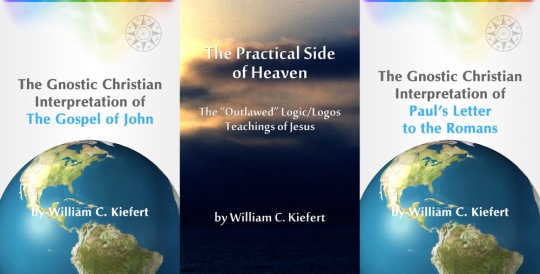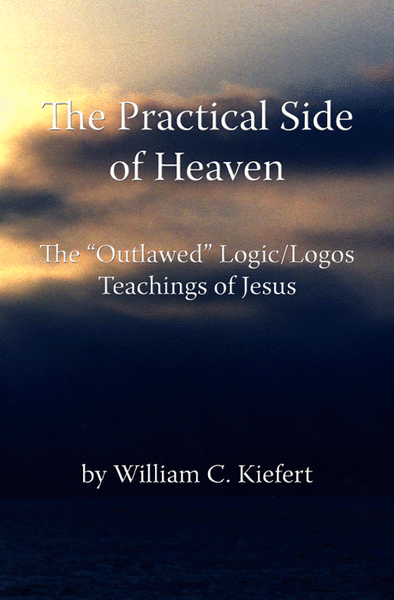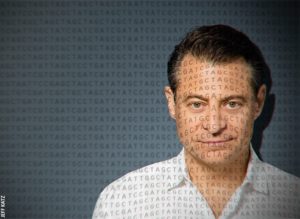About our books: 2002 Message from William C. Kiefert

Books from William C. Kiefert
Message from William C. Kiefert, August, 2002.
The three original books offered on GnosticChristianity.com represent thousands of years worth of scholarly research, and in my opinion, they are essential to understanding the authentic Jesus and the future of enlightened religion. Together, they clearly relate how Jesus revealed a principle of logic which is, like Newton’s theory of gravity, “true” for everyone everywhere regardless of religious or philosophical persuasions. When knowledge (Gnosis) of that principle is global, all stand to be empowered to live the “good life” Paul promises in Eph. 2:9-10 dbv.
I also would like to share with you my feeling that the times demand the dissemination of Jesus’ logos/logic teachings, at times to the detriment of editorial perfection; for that, I beg your pardon. Corrected editions will be available as time and circumstances allow. I have included a synopsis of the key ideas of Jesus’ teachings in the Appendix of all of my interpretations of biblical text. This will help readers better understand Jesus’ teachings from the Gnostic Christian perspective.
These books are truly unique in that they are written in the same Gnostic Christian mindset found in the writings of Jesus, John, Paul and others.
Learn more here: http://gc.darnellworks.com/books



